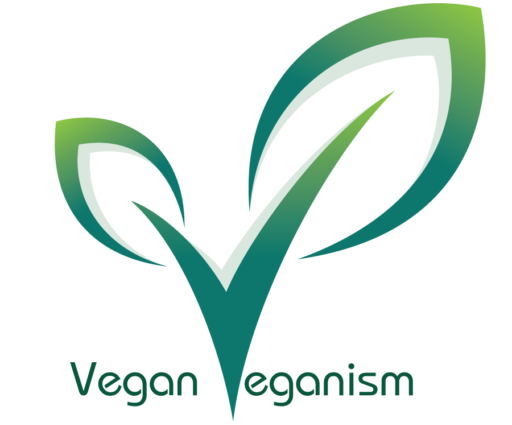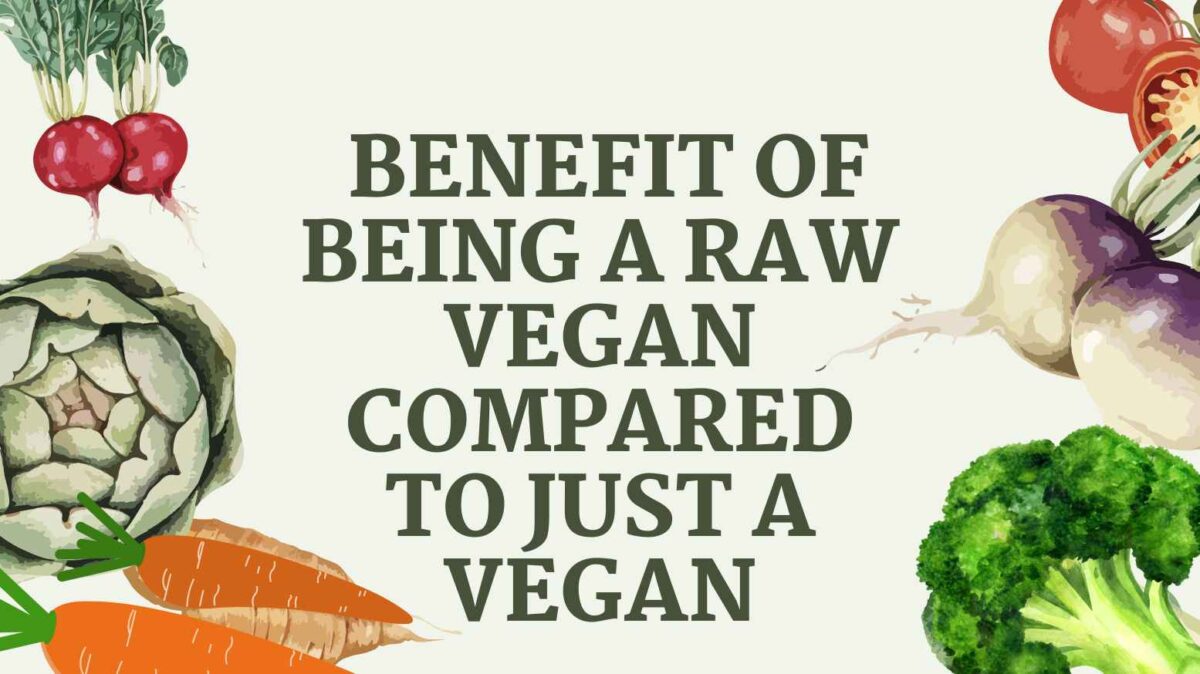The core principles of raw veganism and veganism are the elimination of animal products from the diet, the encouragement of moral behavior, and environmental sustainability.
But the difference is in how they handle food preparation, raw veganism emphasizes eating uncooked, unadulterated plant-based foods. By analyzing the advantages, difficulties, and subtle differences between each, people can make decisions that are in line with their values and health goals.
What are the benefits of veganism?
Rich in Nutrient Intake
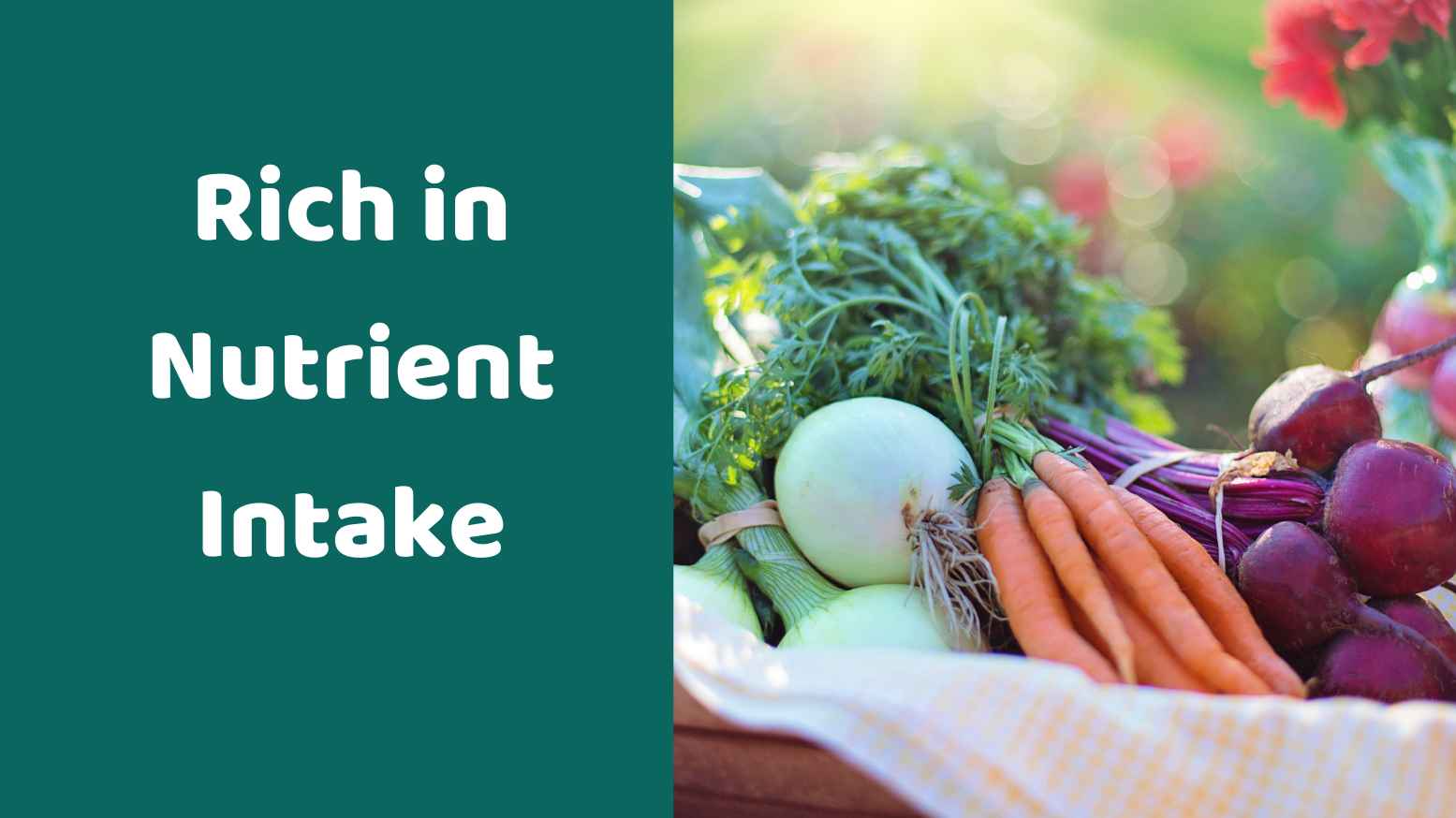
Proponents contend that eating raw meals increases the absorption of vital nutrients by preserving more vitamins, enzymes, and heat-sensitive minerals. It’s crucial to remember that there is still conflicting research on this issue.
Harmony of Digestion
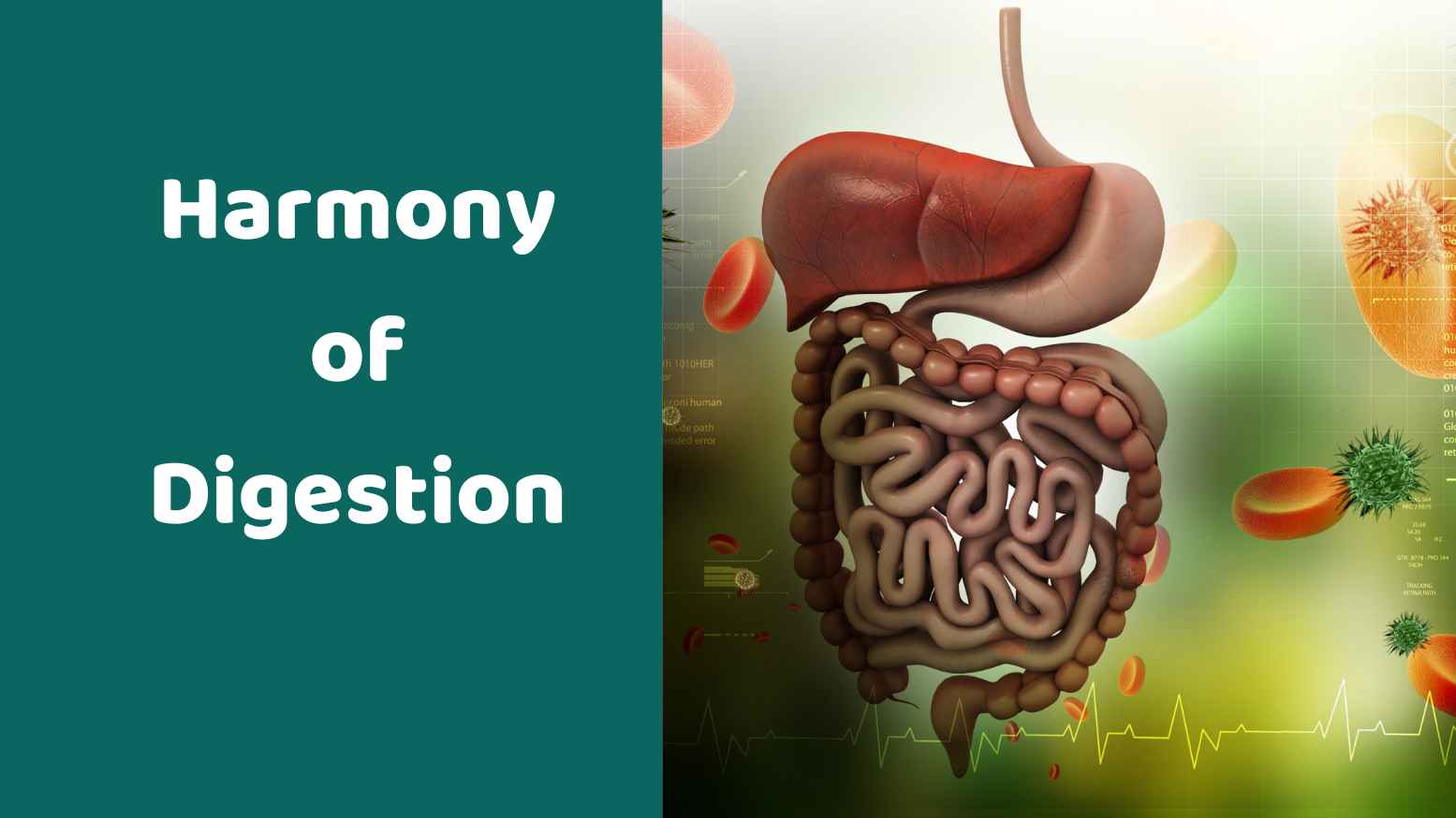
Raw fruits and vegetables have a high fiber content, which may help with better digestion. Those who are not used to this nutritional change may initially feel bloated or uncomfortable.
Possible Control of Weight
Because raw vegan diets often have fewer calories per serving, they may help with weight loss. Individual results do differ, though, and for the intended effects, attentive eating is essential.
Increased Power Levels
A raw diet is said to provide some followers with more energy, yet there is little scientific proof to back up this claim.
Alignment with Ethics
Since raw veganism promotes the consumption of unprocessed plant-based meals, it frequently corresponds strongly with ethical ideals by extending the commitment to minimize harm to animals and the environment.
What are the challenges of veganism?
Inadequacies in nutrients
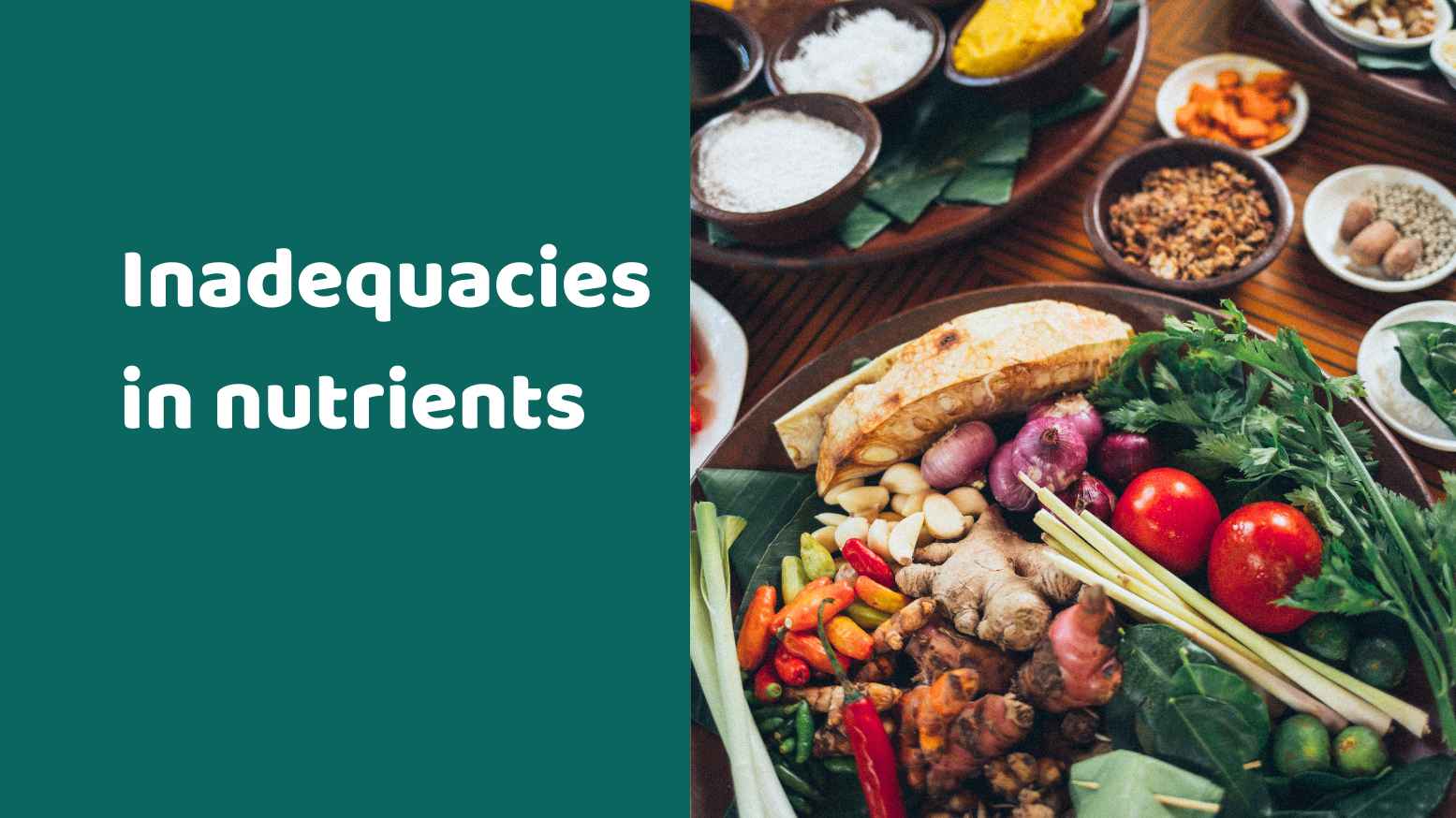
Iron and vitamin B12 are two examples of nutrients that are less easily absorbed from basic materials. Thorough preparation and additions may be required to remedy any such shortcomings.
Social Restrictions
Social gatherings and eating out can be difficult because there aren’t many raw food options available in traditional settings.
Time Spent Preparing
Raw food preparation typically takes more time and energy than cooked food preparation, which may affect convenience and way of life.
Price
Given the emphasis on fresh and organic foods, a raw vegan diet can be more expensive than a standard vegan diet, depending on region and food preferences.
Limited Variety in Food
For some people, the constraints of raw veganism may make meal planning more difficult and decrease their love of food.
What are the benefits of veganism?
Increased Adaptability
With a wider variety of options, including cooked foods, vegans find it easier to manage social situations like eating out.
Sufficient Nutrient Levels
A vegan diet that includes prepared meals can supply all the necessary nutrients without the need for supplements if it is planned properly.
Variety in Cuisine
Cooking enhances the overall satisfaction of the diet by enabling a wide variety of flavors and textures.
Possibly Cheaper
Because of its adaptability and emphasis on basic foods like whole grains, beans, and lentils, a vegan diet can be economical.
What are the challenges of veganism?
Social Distress
People who practice veganism may encounter misunderstandings or societal backlash, therefore they must negotiate this and inform others about their dietary preferences.
Examining Labels
A vegan lifestyle requires careful label reading because manufactured goods may contain concealed animal components.
Planning for Nutrients
To guarantee sufficient consumption of certain minerals, such as iron and vitamin B12, preparation is essential, especially when avoiding the use of animal products.
Deciding between raw veganism and veganism (which includes cooked foods) requires careful evaluation of one’s principles, health objectives, and lifestyle preferences. Although raw veganism has certain advantages, there are also special difficulties that could affect practicality and enjoyment.
For individuals to make sure they satisfy their nutritional needs on either dietary path, they should carefully consider these issues and may see a trained dietitian for advice. In the end, the choice comes down to supporting general well-being and being consistent with one’s ideals.
You may also like:
- What are some side effects of being a fully raw vegan
- What are your favorite vegetarian or vegan recipes
- Which countries have the highest proportion of vegetarians
FAQs
1. What benefits does veganism offer?
Rich Nutrient Intake: Vegan diets provide nutrient-dense plant-based options, emphasizing a healthful approach.
2. How does veganism impact digestion?
Harmony of Digestion: Raw fruits and veggies in vegan diets support digestion, with possible initial discomfort during adjustment.
3. Can veganism aid in weight management?
Yes: Veganism, including raw veganism, may assist in weight control due to lower calorie density.
4. Does veganism boost energy levels?
Some claim so: Raw vegans report increased energy, though scientific evidence is limited.
5. What ethical alignment does veganism have?
Strong Alignment: Veganism, especially raw veganism, aligns with ethical principles, minimizing harm to animals and the environment.
6. What challenges come with veganism?
Nutrient Inadequacies: Certain nutrients may be less absorbable, requiring careful planning and supplementation.
7. How does veganism handle social situations?
Social Limitations: Limited food options can pose challenges in social settings for vegans, especially raw vegans.
8. Does veganism impact meal preparation time?
Yes: Raw food preparation may take more time than cooking in vegan diets.
